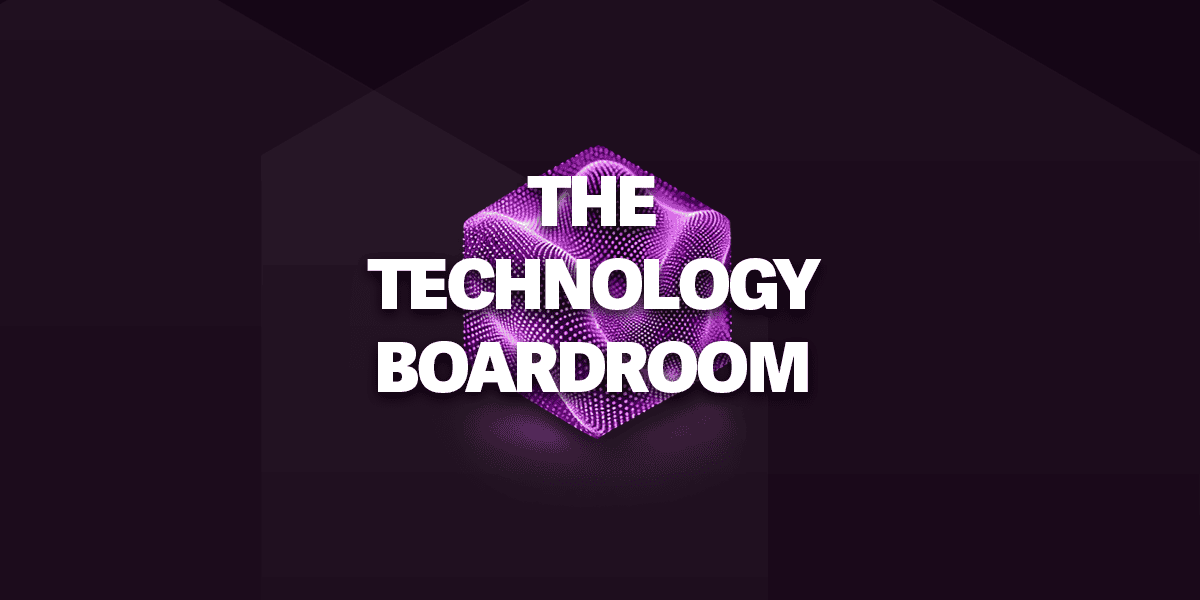In the latest episode of The Technology Boardroom we delve into the impact that explosive technology evolution is having on workforce planning and how these two forces combine to address the expectations and the attitudes of the next-generation tech workforce.
Catch up on the conversation from “Tomorrow’s world: how the tech workforce of the future will be different”, where we tackle a crucial topic: preparing for fundamental shifts in the realities of workforce life.
Meet the host
Our host for this episode is Advania’s Head of Resource Solutions and Workforce Planning, Eden Pedley. Eden brings a wealth of experience from the tech sector and beyond and has a passion for safeguarding and securing the future of the tech industry.
So, let’s dive into the episode.
The changing nature of workforce planning
Eden opens the discussion by highlighting the shift from traditional workforce planning to strategic workforce planning. In the past, jobs were for life and workforce planning was straightforward. Today, with rapid technological advancements and changing market demands, workforce planning has become a complex, iterative process. Companies must continuously identify skill gaps and develop strategies to address them, ensuring they have the right people with the right skills to achieve their goals.
The impact of AI on workforce planning
Steve Goodman emphasises the transformative potential of AI in workforce planning: AI is not just about automation; it’s about changing the way we work and the roles we play. For example, AI can streamline security operations, making them more efficient and less reliant on large teams. This shift requires companies to adapt their workforce planning strategies to accommodate new technologies and changing job roles.
The five Bs of workforce planning
Eden introduces the concept of the five Bs in workforce planning: Buy, Build, Borrow, Bind and Boost. These strategies help companies manage talent acquisition, retention and development. Advania’s approach to boosting our workforce by rolling out Microsoft Copilot to all employees is a prime example of how companies can upskill their entire workforce and create efficiencies.
The role of AI in skills-based analysis
AI can play a crucial role in skills-based analysis, helping companies understand the skills within their workforce and identify areas for development. Eden mentions how AI can assist HR teams in conducting skills-based evaluations, ensuring that employees are equipped to handle future challenges.
The importance of mentoring and diversity
Mentoring remains a vital component of workforce development. Eden discusses the importance of reverse mentoring, where experienced employees mentor younger ones and vice versa. This approach fosters a diverse and inclusive workplace, one in which different perspectives are valued and validated.
Adapting to tomorrow’s workforce
As the workforce becomes more diverse, companies must adapt their strategies to meet the needs of different generations. Eden and Steve discuss the importance of understanding individual preferences and creating a work environment that supports both in-office and remote work. This flexibility is key to attracting and retaining talent in the future.
Get the full picture on The Technology Boardroom
The future of workforce planning is intertwined with technological advancements, particularly AI. Companies that leverage AI to understand and develop their workforce will be better positioned to navigate the challenges of tomorrow. As Eden and Steve highlight, the only certainty is change, and organisations must be agile and forward-thinking to stay ahead.


















